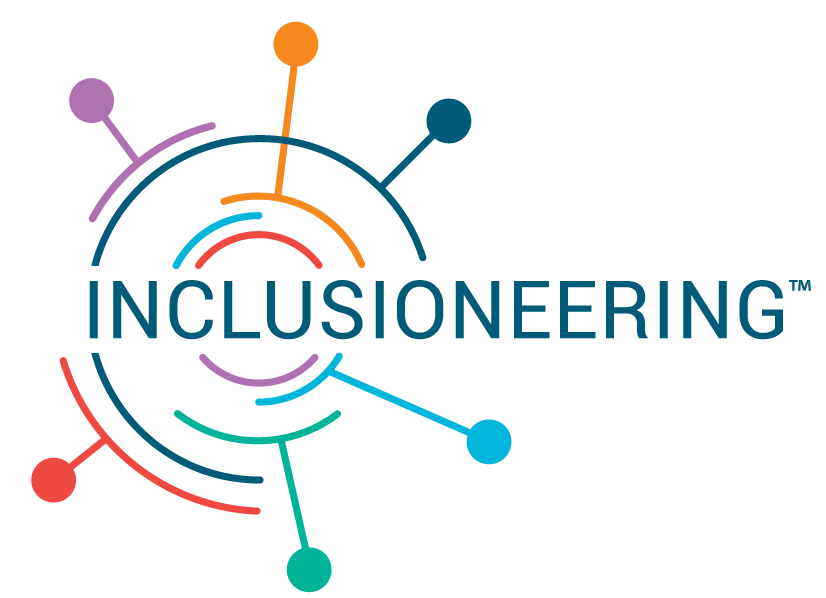‘Unlocking potential and meeting the skills demand of an evolving profession’ was the topic under discussion at the inaugural BCS Convene Conference in February 2025.
As a conference advisory board member, Inclusioneering’s Founder and CEO Jo Stansfield, helped shape this event, and was in London to hear the discussion unfold.
The panel was moderated by Julia Adamson, Managing Director of Education and Public Benefit at BCS.
Panellists included Matthew Bellringer – chair of BCS’s NeurodiversIT specialist group, Charlene Hunter, Founder of Coding Black Females, Nimmi Patel – Head of Skills, Talent and Diversity at techUK, Russ Shaw – Founder of Tech London Advocates and Global Tech Advocates, and Kanishka Narayan – MP for the Vale of Glamorgan.
The technology sector is evolving at an unprecedented pace, requiring a workforce with skills that meet current demands but also anticipate future needs.
Skills in demand
The panel began by discussing the most in demand skills. Panellists highlighted that there is a growing need for expertise in AI, data science, cybersecurity, and green technology.
Nimmi shared that an estimated 200,000 professionals are needed to achieve net-zero goals and address biodiversity challenges.
It is clear that the rise of generative AI requires fundamental changes, yet Russ noted that employer investment in training has declined by 19% since 2011.
The Role of Diversity in Tech
Discussions highlighted that diversity is critical to ensuring that technological solutions are representative of the populations they serve.
Yet many companies have reduced their diversity, equity, and inclusion efforts in recent months. Our panellists emphasised that DEI should be embedded into the fabric of how organisations operate to create equitable workplaces and technology solutions.
Matthew argued that workplaces must become more human-centred, with digital products designed for all users, including neurodivergent individuals. Organisations often have multiple barriers that prevent marginalised groups from advancing, leading to underemployment and a talent drain.
Rethinking Recruitment and Retention
The panel explored how companies can change their hiring practices to attract and retain a broader talent pool. Charlene advocated that companies should recognise skills beyond traditional academic routes, such as those gained through bootcamps. However, despite an initial increase in participation, opportunities for graduates from bootcamps are now decreasing.
Discussion moved to the importance of recruiting based on ability rather than relying on traditional CVs. Employers should embrace online courses, modular learning, and transparent pay reviews to build a more equitable workforce.
Addressing the Global DEI Backlash
With many US companies pulling back from DEI commitments, the panel discussed potential ramifications for the UK.
Kanishka shared that he sees UK organisations and society remain fuelled by inclusion, stating “we stand up for British values”. Reflecting on the situation in the US, panellists expressed that companies that abandon their DEI commitments may suffer financially.
They have observed that more people are now actively seeking out organisations that prioritise DEI.
The Future of Skills and Training
Julia shared the sobering BCS research indicating that gender equality in tech could take nearly 300 years at the current pace, and asked what has to change in the skills system?
Kanishka responded that the UK government is addressing this challenge through initiatives like the AI Opportunities Action Plan. It is also important to prioritise investment for female-led businesses and tackle geographic inequality.
The panel highlighted that while many people have acquired technical skills, job openings remain scarce. Without action, skilled professionals could seek opportunities abroad, leading to a tech talent shortage in the UK.
Audience Insights and Closing Thoughts
The session concluded with audience questions, including concerns about automation’s impact on job security. It was acknowledged that while these challenges in the tech industry are recognised, solutions are complex and require multi-stakeholder input.
The panel provided a fresh and urgent perspective on the evolving tech landscape, emphasising the need for inclusive policies, forward-thinking recruitment strategies, and sustained investment in skills development.
As the industry continues to evolve, the commitment of both government and businesses to fostering a diverse and highly skilled workforce will be instrumental in shaping the future of technology
